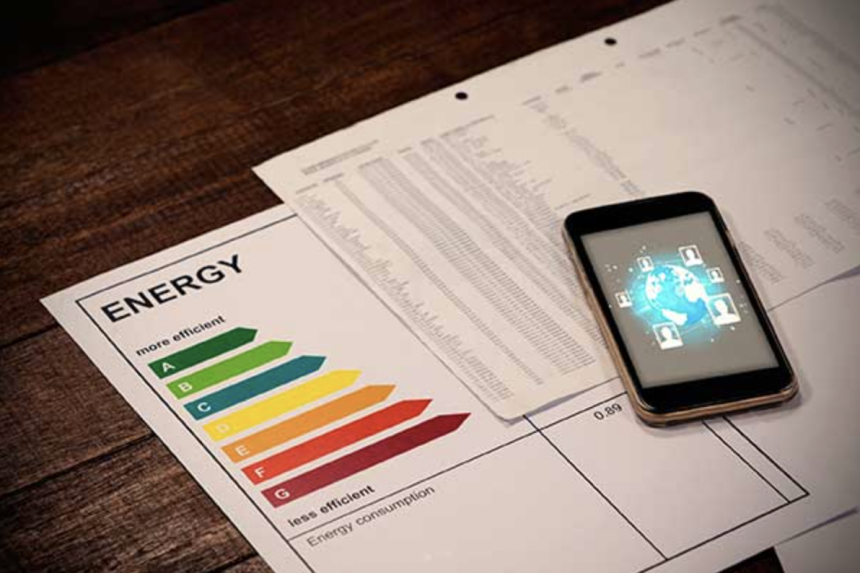A growing trend in energy markets is deregulation. With that comes your power to choose from various electricity-generation suppliers offering different rates, services, and contract structures.
Utility companies still are responsible for transmitting energy, but they do not set the rate energy consumers pay. This allows competition to enter the market, lifting PUHCA’s limitations and giving consumers energy choices.
Increased Competition
Energy deregulation aims to prevent energy monopolies, keep prices competitive, and give customers the power to choose best plans. Currently, over 20 electricity choice providers in the market are competing for your business. This competition allows for various rates, services, and contract structures unavailable with regulated utilities. This can help small enterprises to keep rates low, support green energy, and choose the term length and contracts that meet their needs.
When oil prices surged in the 1970s, it created a power crisis and led many economists to push for deregulation. The Public Utility Regulatory Policies Act of 1978 (PURPA) and Federal Energy Regulatory Commission (FERC) orders opened the door for alternative energy suppliers to compete in a deregulated energy market.
Supporters of energy deregulation in Texas argue that increased competition results in better consumer service and lower prices and promotes a more sustainable, efficient, and environmentally conscious industry. On the other hand, opponents believe that a lack of regulation will allow big investor-owned utility companies to become a national conglomerate, leading to price hikes and decreased services. This debate continues today as some groups — such as rural, independent, and government-owned utilities — want additional regulations.
Lower Prices
Several companies offer competitive electricity and natural gas rates when you live in a deregulated energy market. This is because the power generation and transmission of gas and electricity are now divided between several for-profit businesses rather than one monopoly entity. This competition is supposed to drive down prices, improve customer service, and give consumers more choices.
The theory behind energy deregulation is that competition in the industry leads to lower energy costs for everyone. This is because the cost of building infrastructure to deliver energy to your home or business can be borne by multiple parties, not just the utility company that owns and operates the delivery system. For instance, if the oil price goes up dramatically and the cost to produce energy increases, it will be passed on to consumers regardless of whether they choose a local or national supplier for their gas or electricity.
This dynamic type explains why many manufacturers in states like Texas—significant energy users that benefit from deregulation—applaud the arrival of competition, presumably because it helps keep their costs low. Meanwhile, some consumers in these markets are skeptical that the proclaimed benefits of competition will ultimately pay off. After all, few people scour the market to find the best energy rates available.
Better Service
In deregulated states, retail energy providers must compete with each other for your business. This competition allows for better rates, perks, benefits, and customer service. It also prevents a single energy company from becoming a monopoly.
In addition to competitive energy prices, the best small business electricity providers offer various plans designed to meet your operation’s unique needs. From fixed-rate plans to variable-rate options, there’s something to fit your energy needs and budget.
If you’re in a state that offers energy choices, it’s important to remember that your local utility still maintains the infrastructure and handles the delivery of electricity. If you experience any issues, contact your utility provider rather than your REP.
You may be overpaying if you are in a deregulated state and have yet to shop around for the best electricity rates. To determine if this is the case for you, start by calculating your current monthly or annual energy expenses and reviewing your contract terms. You can also contact an energy expert to understand your current costs and the potential savings from switching electricity suppliers.
More Choice
Energy deregulation offers customers the option of choosing their energy supplier. Energy choice allows customers to shop for the best rates and services for their homes and businesses. The competition between the different providers forces them to innovate and provide cutting-edge features and alternatives that would not otherwise be available. This is one of the key benefits of energy deregulation and allows customers to save money on their power bills by finding the best rates for their particular needs.
In regulated markets, utility companies control all steps of the energy process—energy generation, transmission, and distribution. However, in deregulated states, the local utility company is only responsible for energy transmission and distribution. At the same time, private retail energy suppliers (also known as Energy Service Providers or ESCO) are the ones who create the electricity they sell to consumers.
These private REPs must bid for the right to supply energy at market-driven prices instead of having a government-set price. They can then offer their energy to local utilities for transmission and distribution, which allows them to compete with regulated utility companies for business. Energy deregulation also encourages new investment in the energy infrastructure because it will enable these private companies to profit from the changing prices on the wholesale energy market. This leads to lower customer prices, more efficient power production, and greater availability of renewable energy options.
Lynn Martelli is an editor at Readability. She received her MFA in Creative Writing from Antioch University and has worked as an editor for over 10 years. Lynn has edited a wide variety of books, including fiction, non-fiction, memoirs, and more. In her free time, Lynn enjoys reading, writing, and spending time with her family and friends.















